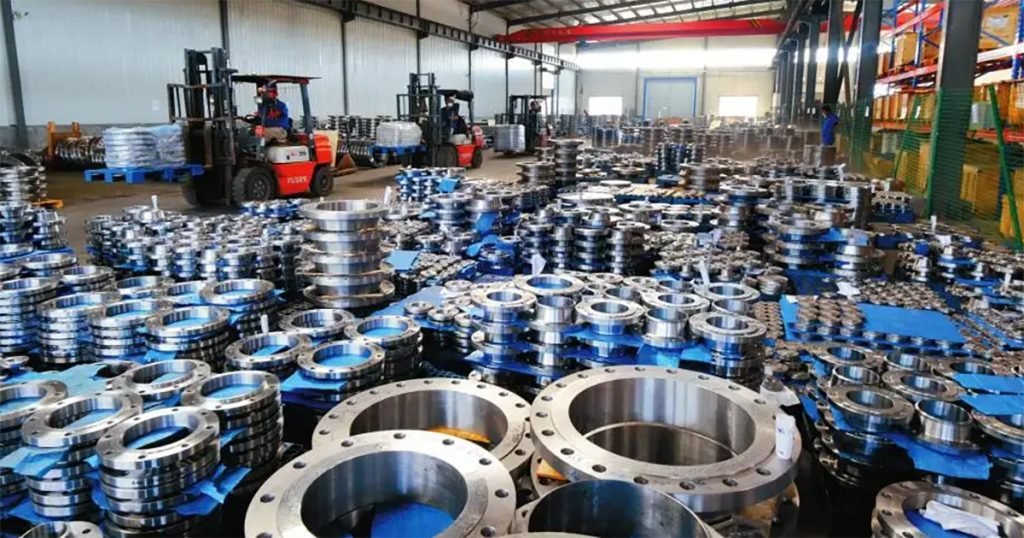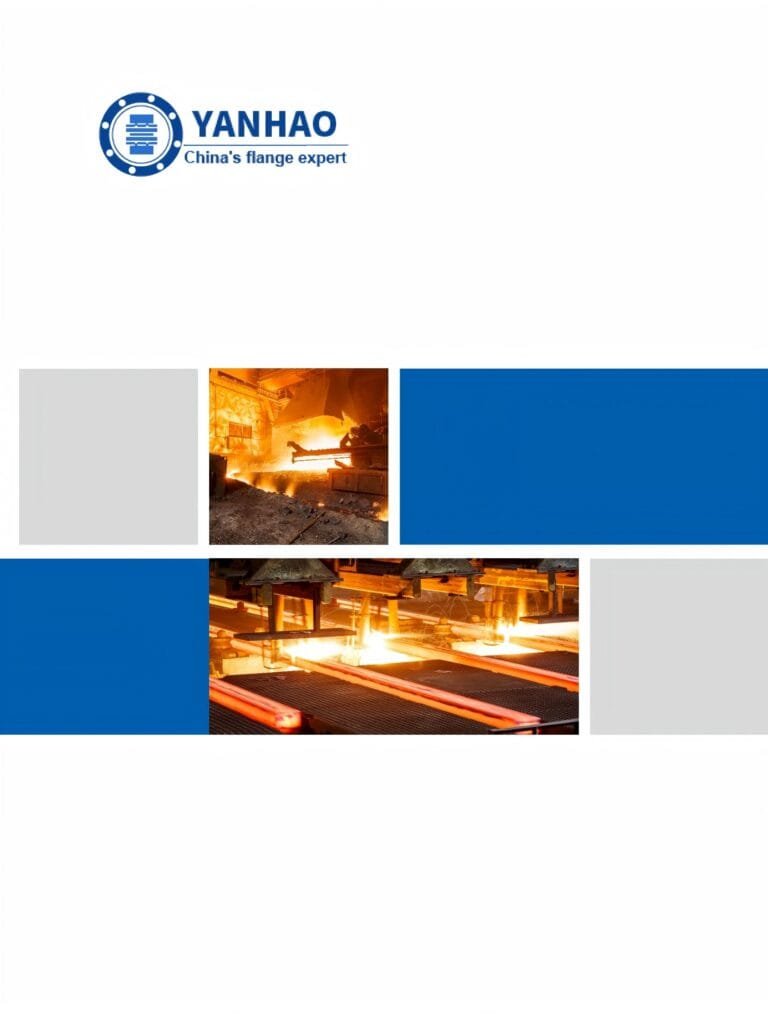What are the advantages of buying flanges from China?
There are potential advantages to buying flanges from China, but there are also some considerations to keep in mind.



advantages of buying flanges from China:
- Lower costs: Flanges produced in China are often less expensive compared to those produced in other countries due to lower labor and production costs.
- Wide range of options: China has a large number of flange manufacturers, which means there are many different types and sizes of flanges available.
- Availability: China is a major exporter of flanges and has established shipping channels, which means that flanges are readily available for purchase and shipment.
drawbacks to consider when purchasing flanges from China:
- Quality control issues: Due to a large number of manufacturers, it can be difficult to ensure consistent quality when purchasing flanges from China. It is important to do research and due diligence to find a reputable manufacturer.
- Language and cultural barriers: There may be language and cultural barriers when communicating with Chinese manufacturers, which could lead to miscommunication or misunderstandings.
- Shipping and customs: Shipping and customs procedures can be complex when importing goods from China, which can add additional costs and delays to the process.
- Intellectual property issues: There are concerns about intellectual property issues in China, and it is important to ensure that the flanges being purchased are not infringing on any patents or trademarks.
Overall, purchasing flanges from China can be a cost-effective option, but it is important to do proper research, find a reputable manufacturer, and consider all the potential risks and benefits before making a decision.


Ways to Buy Chinese Flanges
There are several ways to buy Chinese flanges, depending on the specific needs and requirements of the buyer. Some of the most common ways to purchase Chinese flanges include:
Directly from Chinese manufacturers: This involves contacting Chinese flange manufacturers directly and placing an order for the desired product.
This can be done through online platforms such as Manufacturer’s official website or by attending trade shows in China. This method allows for greater control over the production process and can be cost-effective, but it requires significant due diligence to ensure quality and reliability.
Through Chinese trading companies: Trading companies act as intermediaries between the buyer and the manufacturer, handling the logistics of the transaction, such as sourcing, quality control, shipping, and customs. This can be a convenient option for buyers who are not familiar with Chinese manufacturers or do not have the resources to handle logistics themselves.
Using international agents or distributors: There are many international agents or distributors who specialize in Chinese flanges and work with a network of Chinese manufacturers. These agents or distributors can provide access to a wide range of products and manufacturers, as well as handle logistics and quality control.
Online marketplaces: There are several online marketplaces, such as Alibaba or Global Sources, where Chinese flange manufacturers and trading companies advertise their products. These platforms provide a convenient way to search for and compare products from different manufacturers, but it is important to verify the credibility and reputation of the suppliers.
Overall, it is important to do research and due diligence when purchasing Chinese flanges to ensure that the product meets the required specifications and standards and that the supplier is reliable and trustworthy.


Precautions for buying Chinese flanges
When buying Chinese flanges, there are some important precautions that buyers should take to ensure that they receive high-quality products that meet their requirements. Here are some of the most important precautions to consider:
- Research potential suppliers thoroughly: Do your due diligence on potential suppliers, including checking their certifications, quality control processes, and reputation. Look for reviews and ratings from other buyers to get a sense of their experiences.
- Verify the manufacturer’s credentials: Check that the manufacturer has a valid business license and other necessary certifications and permits for the type of flanges being produced. It may also be helpful to check that the manufacturer is not on any government blacklists for quality or safety violations.
- Specify the product requirements in detail: Provide clear and detailed specifications for the flanges you require, including size, material, pressure rating, and any other relevant requirements. Ensure that the manufacturer understands your requirements and can meet them.
- Request product samples: Request product samples from potential suppliers to evaluate the quality and ensure that they meet your requirements. This can be particularly important if you’re placing a large order, as it will give you the opportunity to evaluate the product quality before committing to a larger order.
- Set clear expectations and standards: Set clear expectations and standards for product quality, delivery timelines, and other relevant factors. Be sure to include these standards in your purchase contract, to avoid misunderstandings or disputes later on.
- Monitor the production process: Monitor the production process and quality control procedures to ensure that the flanges meet your requirements. You may also want to consider hiring a third-party quality control service to perform inspections and testing of the products before they are shipped.
By taking these precautions, buyers can help ensure that they receive high-quality flanges that meet their requirements and avoid any potential quality issues or disputes with the supplier.
Author: Lewis Liu
Hello, my name is Lewis Liu, and I’m a professional sales engineer with over a decade of expertise in the flange fittings sector.
I am quite informed about flange selection, installation, and maintenance. I am passionate about providing customers with the greatest solutions for keeping their pipeline systems running smoothly, safely, and dependably.
If you have any queries or concerns concerning flange fittings for your pipelines, whether they are about selection, material choice, specification requirements, or anything else, please contact me at any time. I am dedicated to providing expert advice and assistance to help you make educated decisions and reach your objectives.

